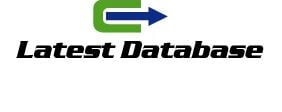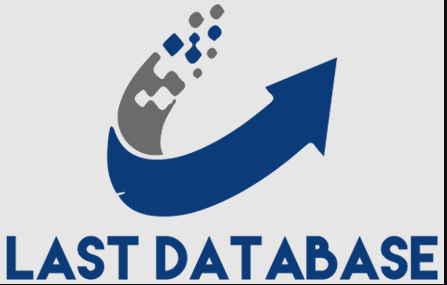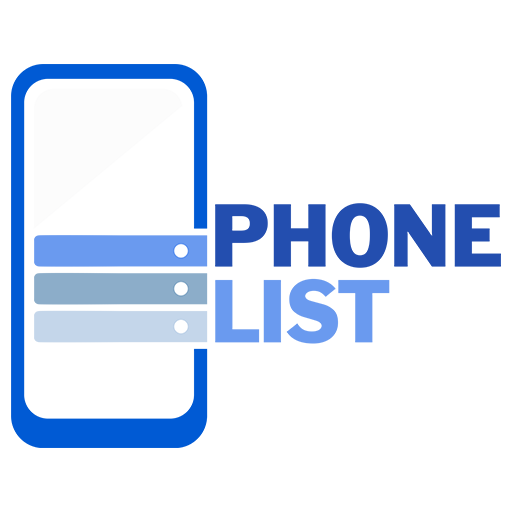Stored based on date, category to which the content is related, homepage presentation and original URL – this data is passed to search engines as to whether each piece of content has the same information as the unique URL that must be indexed item and list by each URL. Each page can have multiple entries (I’ll give an example below). This results in ‘ignored duplicate text’ lines of text seen in some search results, even when many of these entries appear in the site’s database. Canonical links let search engines know the order of importance of each of those entries. Each of these entries will be indexed into the vast store of information collected by crawlers. Search engines will then perceive the remaining indexed pages as part of a following group, rather than as individual entries. This helps the site rank higher because the results are not split between duplicates.
Why should you use Canonical links?
The main benefit of properly using canonical links stems from directing traffic on URLs with similar content and improving the reliability of data gathered from your website analytics. Although search engines give precise details about how their algo Phone Number Data rithms work, duplicate content that is improperly classified is said to negatively impact the rankings assigned to a site and can the ability to incite a direct penalty if they believe you are intentionally misleading crawlers to attract more traffic. Search engines do so to provide more satisfying results to their users and this helps them retain their users, so your taking advantage of the service they provide requires compliance. adhere to their principles. Another reason to use is quality natural links. One of the ways Google determines the quality of a link is through the amount of traffic and click-through rate. So, if your site doesn’t have canonical links, traffic will be split between separate URLs even though they’re technically the same site.
When should you use Canonical links?
While both require search engines to treat multiple pages (or URLs) as one page, one 301 redirects all traffic to a specific URL and a canonical link tag does not. If your site structure has changed, then 301 redirects are a good option. If your site has duplicate content, but you need to measure traffic to each URL, use canonical links for the benefit of search engines. Here is a video by Matt Cutts explaining the benefits of 301 redirects via canon BJB Directory ical. Please make Canonical link Now that you understand more about Canonical links, you can start customizing your options for your site. But you need to note that you should do these things with people who have a good understanding of web techniques, information technology, or if you don’t understand a step clearly during the reading and implementation process, you should ask someone who has knowledge. can help you.







